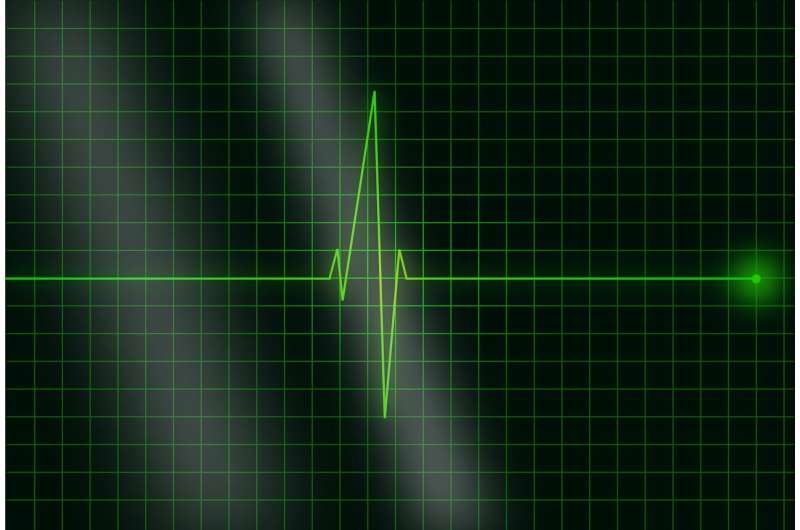Bedtime Recall Exercise Shows Promise for Improving Memory in Older Adults and Those with Alzheimer's

A new study reveals that simple bedtime recall exercises can significantly improve memory in older adults, including those with Alzheimer's disease, offering a promising non-drug intervention for cognitive support.
A simple nightly activity, involving recalling and jotting down five personal events from the day, has been found to significantly boost memory performance in older adults, including those with early-stage Alzheimer’s disease (AD) and mild cognitive impairment (MCI). This discovery stems from the RESTED-AD Study (Remote Evaluation of Sleep To Enhance Understanding in Early Dementia), which evaluated whether autobiographical recall before sleep could serve as a non-pharmacological intervention to support cognitive function.
The study involved 26 participants divided into two groups: individuals with early AD or MCI, and healthy older adults. Participants completed a word recognition task on two different mornings. On one occasion, they were instructed to write down five events from their day before going to sleep. The next morning, their recognition of previously presented words was tested. Results revealed that both groups demonstrated improved memory recall when they engaged in the bedtime recall activity, with even more pronounced benefits observed in the AD group.
Lead researcher Dr. Jonathan Blackman explained that nights involving the autobiographical writing exercise resulted in better outcomes for both healthy seniors and those with early dementia. He highlighted that this intervention is easy to implement, cost-free, and could be integrated into daily routines without the need for additional equipment.
While the mechanism behind the memory enhancement remains unclear, researchers speculate that the recall activity may stimulate brain regions involved in memory processing, or it could direct attention and cognitive resources to memory consolidation right before sleep. Interestingly, the study did not find a direct correlation between the recounted activities and sleep-related brain activity, suggesting other underlying factors.
This approach is particularly notable for its simplicity and accessibility compared to existing memory interventions that often require significant resources. Its potential as a low-risk, easy-to-adopt strategy offers hope for improving memory in older adults and those with cognitive impairment. Further studies with larger samples are needed to confirm these findings and explore the exact mechanisms involved.
Dr. Blackman emphasized that current options for memory enhancement, such as medications for Alzheimer’s, often have limited benefits and may cause side effects. An effective, cost-effective behavioral intervention like this could fill a crucial gap, providing a practical tool to support cognitive health across aging populations.
Stay Updated with Mia's Feed
Get the latest health & wellness insights delivered straight to your inbox.
Related Articles
Medical Experts Recommend Using High-Intensity Statins for Cardiovascular Disease Prevention and Treatment
Expert guidelines emphasize using high-dose statins like rosuvastatin and atorvastatin for effective cardiovascular disease prevention and treatment, backed by robust clinical evidence.
Innovative 'Smart Insulin' Offers Promise in Minimizing Hypoglycemia Episodes
Discover how Indiana University scientists have engineered a new 'smart insulin' protein that mimics natural hormonal responses, offering hope for better blood sugar management and reduced hypoglycemia in type 1 diabetes patients.
Identifying Neuropathic Ocular Pain Indicators Post-LASIK Surgery
New research identifies key nerve and sensitivity markers for diagnosing neuropathic ocular pain in patients with dry eye symptoms after LASIK surgery, aiding early detection and treatment.



